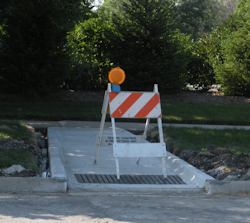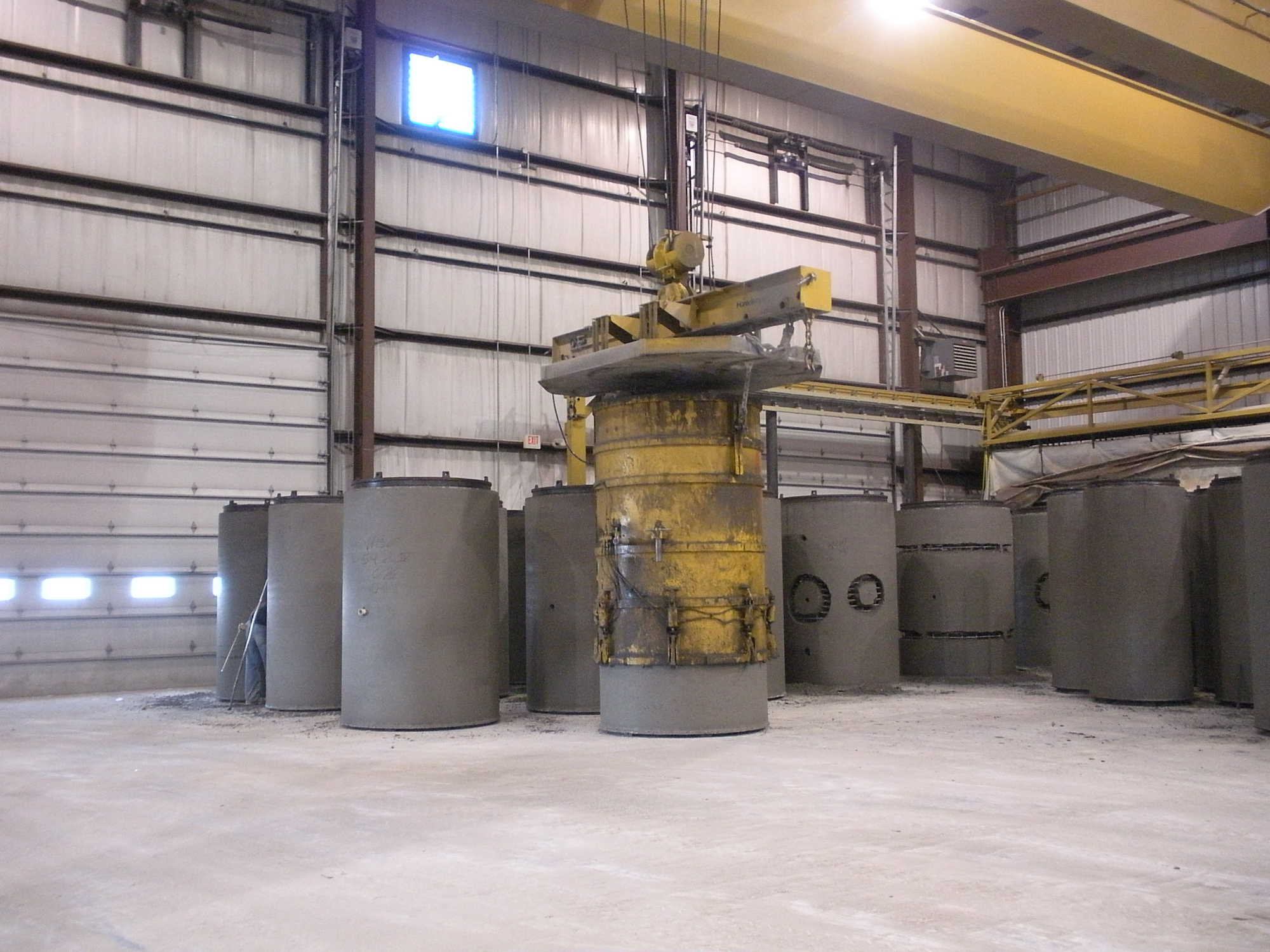 My primary involvement in ADA has been as an engineer designing and building infrastructure in the right of way and in years past, as a building inspector approving private development. During my career, I have always made a dedicated effort to learn about and meet the requirements of this federal law. But it's been a challenge shared by many other building and design professionals due to the lack of guidance materials and solid instruction from federal and state agencies. Fortunately over the last year that has changed for us in Illinois with state and federal agencies providing more training. But as frustrating as it has been for us, I can't begin to imagine how it is for those who have a disability and need to use these facilities. And today, I came up against another completely unbelievable hurdle.
My primary involvement in ADA has been as an engineer designing and building infrastructure in the right of way and in years past, as a building inspector approving private development. During my career, I have always made a dedicated effort to learn about and meet the requirements of this federal law. But it's been a challenge shared by many other building and design professionals due to the lack of guidance materials and solid instruction from federal and state agencies. Fortunately over the last year that has changed for us in Illinois with state and federal agencies providing more training. But as frustrating as it has been for us, I can't begin to imagine how it is for those who have a disability and need to use these facilities. And today, I came up against another completely unbelievable hurdle.
The law was passed in 1990, and it has taken 20 years for the design community to receive clear guidance on how to comply with the law. The effect this seems to have had is that many engineers look upon the law as a joke thinking why comply – next year federal and state agencies will change it again. Or they ignore it or only partially comply because it must not be important enough if it has taken this long to put achievable guidelines in place. And they do not normally interact with the community most affected to see the impact of their decisions.
So one hurdle is just convincing engineers they need to follow the law. Our state has come out with the opinion that if a professional engineer knowingly designs or builds or approves a non-compliant ramp, they will pursue taking away their license. This is serious for someone who relies on the license for their job. Yet, when I share this with other engineers they do not believe it or think it could happen.
Fortunately there are engineers out there who do care and try to comply. I wonder sometimes what makes the difference. For myself, my dedication has built up over time as I better understood the requirements and particularly as I began to interact with those who have disabilities. They have really been the ones who helped me understand the importance of each regulation. Not complying does truly cause them hardship and at times it is painful and severe. It makes me wonder if we should be requiring a certification for ADA design that includes training and interaction with disability communities and groups.
Anyway, as difficult as all that has been to work through, today I got a call from a couple in our city complaining about a curb ramp we installed. They didn't like the design because they felt it would make it difficult to mow. I had tried to explain in two emails and out on the site that we were obligated to construct the ramp in that manner due to federal law. That the city risked liability and loss of use of road funds for highway improvements should we choose to ignore the law. And I added the part about losing my license. But they would have none of that. They questioned why other ramps are non-compliant, but it's difficult to convey how and why we got to this point over 20 years in just a few minutes. So they could not understand.
But in the end, I could tell by their attitudes, the bottom line for these people was that they were going to force the city to put in a ramp they liked no matter what. They obviously had total disregard for the law and our need to comply. They even threatened calling the newspaper and the state of Illinois to "tell on us." Which didn't make sense to me – were they going to tell them we put in a compliant ramp they don't like? Of course both they and their child had no visible disabilities.
All I could think was if I feel this frustrated and helpless just trying to build compliant infrastructure, how must someone feel who has to try to use non-compliant infrastructure? I can't even imagine telling someone with a disability, we chose not to comply with the law because these people thought it would cause them some difficulty in mowing around the ramp. We might be able to some day have designers on board, but how will we ever get healthy people with no disabilities to accept the need for compliance when all they care about is not having a minor inconvenience in mowing? And how can people have such total disregard for others?


